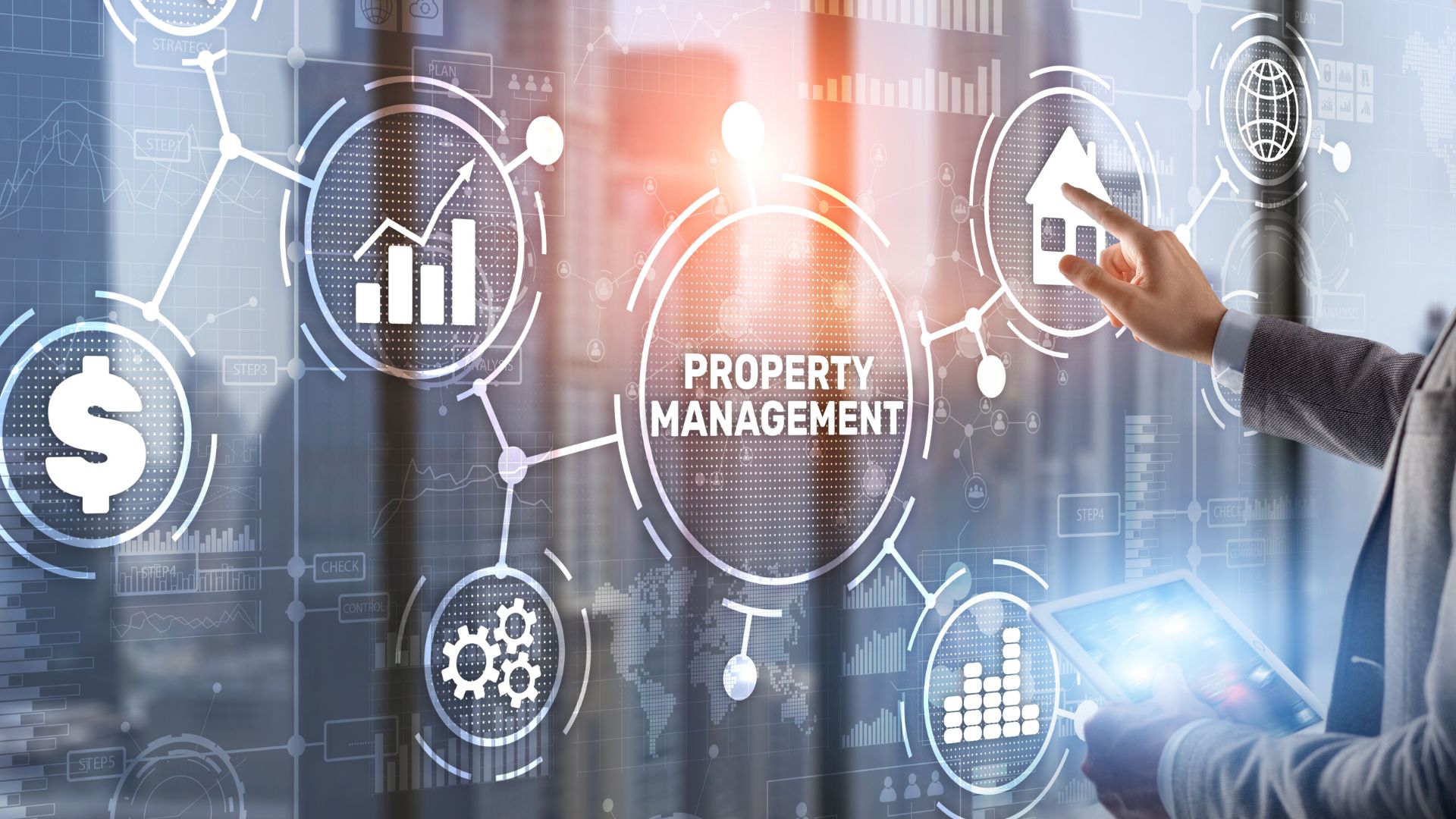How Technology is Transforming Property Management.
Property management has been an essential aspect of real estate for a long time. As the world evolves, so does the property management industry. The future of property management is exciting and holds great promise, as emerging technologies are set to revolutionize the industry. This blog post explores the trends and predictions that are shaping the future of property management.
Trend 1: Automation and Artificial Intelligence
Automation and artificial intelligence (AI) are transforming the property management industry. Property management companies are automating many of their processes, from rent collection to maintenance requests. The use of chatbots and virtual assistants is becoming increasingly popular, making it possible for tenants to request services and report issues at any time of the day or night. AI-powered predictive maintenance is also becoming popular, as it helps property managers to identify and address potential maintenance issues before they escalate.
AI is also transforming property inspections. Drones are now used to inspect the exterior of buildings, while robots can be used to inspect the interior. This technology can help identify maintenance issues that might not be visible to the human eye.
Trend 2: Green Technologies
Green technologies are becoming increasingly important in the property management industry. Property managers are looking for ways to reduce energy costs and carbon emissions, while also improving the living experience of tenants. Some of the green technologies being adopted include energy-efficient lighting, smart thermostats, and renewable energy sources such as solar panels. Property managers are also looking for ways to reduce water usage, with some using rainwater harvesting systems.
Trend 3: Data Analytics
Data analytics is another trend that is transforming the property management industry. Property managers are using data to make informed decisions about their properties. They are analyzing data on tenant behavior, energy usage, maintenance requests, and rental rates to identify trends and patterns. This information can help property managers to optimize their properties, improve tenant satisfaction, and increase profitability.
Trend 4: Virtual Reality and Augmented Reality
Virtual reality (VR) and augmented reality (AR) are transforming the way properties are marketed and leased. Property managers can now create virtual tours of properties, allowing prospective tenants to view them from the comfort of their own homes. This technology can save time and money, as it eliminates the need for physical tours. AR technology is also being used to help tenants visualize how they can decorate and furnish their apartments.
Trend 5: Blockchain
Blockchain technology is becoming increasingly important in the property management industry. Blockchain can help property managers to manage their properties more efficiently, by providing a secure and transparent platform for transactions. For example, blockchain can be used to track rental payments, property transfers, and maintenance requests. This technology can help to reduce the risk of fraud, as all transactions are recorded on an immutable ledger.
Predictions
The trends discussed above are already transforming the property management industry. However, there are also some predictions about how the industry will evolve in the future.
Prediction 1: The Rise of Smart Buildings
Smart buildings are expected to become more prevalent in the property management industry. These buildings are equipped with sensors and other smart devices that can monitor everything from energy usage to temperature and humidity levels. This data can be used to optimize the building’s performance, reduce energy costs, and improve the living experience of tenants.
Prediction 2: Increased Use of Predictive Analytics
As the property management industry becomes more data-driven, predictive analytics is expected to become even more important. Property managers will be able to use data to predict tenant behavior, maintenance needs, and rental rates. This information can help them to make informed decisions about their properties and improve their profitability.
Prediction 3: More Collaboration Between Property Managers and Tenants
Collaboration between property managers and tenants is expected to become more common in the future. Tenants will have more input into the management of the property they are renting, and property managers will take a more proactive approach to tenant satisfaction. This may involve more frequent surveys to collect feedback or the creation of online communities where tenants can connect with each other and with property managers.
Prediction 4: The Emergence of New Property Management Business Models
As the industry becomes more data-driven, there is likely to be a rise in new property management business models. For example, companies may emerge that specialize in using AI and data analytics to manage properties remotely. These companies may not own any properties themselves but instead, partner with property owners to provide management services.
Prediction 5: Increased Focus on Sustainable Property Management
As climate change becomes an increasingly urgent issue, there is likely to be a greater focus on sustainable property management. This may involve the use of renewable energy sources, water conservation measures, and the implementation of eco-friendly building materials. Property managers may also be required to report on their sustainability performance, similar to how companies report on their environmental impact.
In Summary
The future of property management is exciting and holds great promise. Emerging technologies such as automation, AI, and data analytics are transforming the industry, making it more efficient and improving the living experience of tenants. As the industry becomes more data-driven, new business models are likely to emerge, and sustainable property management will become increasingly important. The property management industry is ripe for disruption, and those companies that embrace new technologies and business models will be best positioned for success in the years to come.
